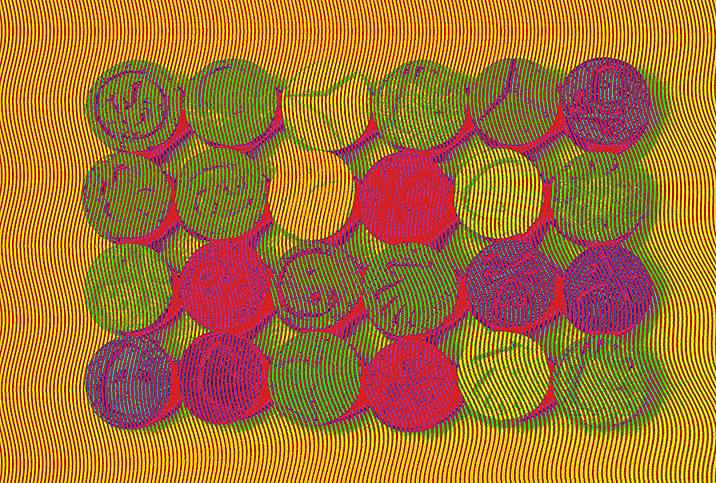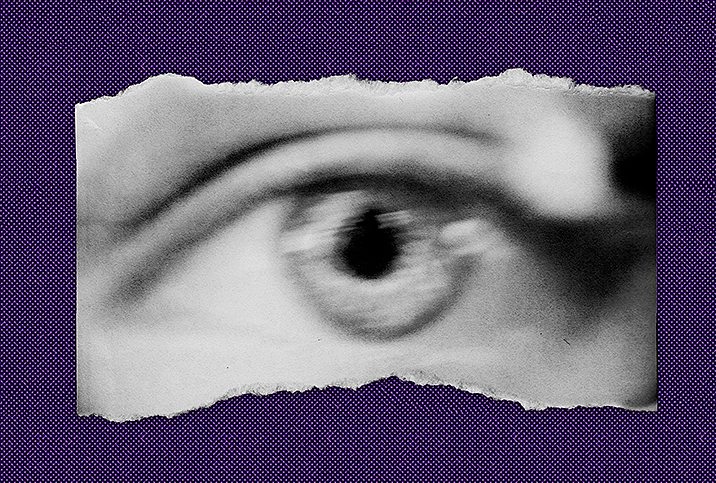The Potential of MDMA-Assisted Psychotherapy

The National Institute of Mental Health reports about eight in 100 people will develop post-traumatic stress disorder (PTSD) in their lifetime, bringing on symptoms such as cognitive and mood disturbances, flashbacks, sleep disturbances and social isolation, to name a few.
Since the early days of psychoanalysis and psychiatry, practitioners evolved their explanations, treatments and theories to incorporate the full scope of what was once known as shell shock or war neurosis. Talk therapy accompanied with cognitive behavior modifications and medications, such as selective serotonin reuptake inhibitors(SSRIs), are widely-used treatments for PTSD.
However, there are still many cases of PTSD sufferers unable to recover under the current treatment protocols. As reported in a recent article published in the Annals of General Psychiatry, the drop-out rate of therapy patients is high at about 30 percent, and only 32-66 percent of these patients report functionality after treatment. Those who do not may suffer from treatment-resistant PTSD. As a potential solution, the article’s author, Louise Morgan, outlines the appropriate implementation of MDMA-assisted psychotherapy.
What is MDMA?
Both a stimulant and psychedelic, 3,4-methylenedioxy-methamphetamine (MDMA) is commonly associated with the street drug ecstasy—also known as molly—but they are not the same. Ecstasy, and particularly, molly are street names for drugs that contain some percentage of MDMA but are cut with other substances and additives. The doses administered to patients in therapeutic settings contain only MDMA.
The pharmaceutical drug company Merck created the first form of MDMA in 1912 as a precursor for an appetite suppressant, but it was never tested on humans. Although used sparingly by therapists in the 1970s to help patients discuss emotionally charged subjects, the drug gained popularity for recreational use and was subsequently banned in the 1980s.
However, the effects responsible for MDMA's popularity with recreational drug users provide promise within the context of a therapeutic environment. Users may experience an enhanced sense of well-being, empathy and a willingness to openly speak about painful memories, but unprescribed doses also produce adverse reactions, such as hypertension and loss of consciousness.
Currently, the Drug Enforcement Administration (DEA) classifies MDMA as a class one substance, meaning there is no approved medical use for the drug and possession of the drug carries heavy penalties.
MDMA-assisted psychotherapy (MDMA-AP)
Unlike other medications such as SSRIs, patients are not given a prescription for MDMA, and the drug cannot be used outside of a clinical setting. Researchers and practitioners are clear: MDMA is not to be administered to relieve PTSD symptoms or used as a therapy cure-all, but rather to assist in the psychotherapy process.
Patients involved in the trials are pre-screened to determine if their PTSD is treatment-resistant and agree to a psychotherapy regimen that includes months of therapy sessions before and after MDMA-assisted psychotherapy (MDMA-AP). Only three to four of these sessions are MDMA-assisted.
Spearheaded by the Multidisciplinary Association of Psychedelic Studies (MAPS), research on MDMA-AP has entered Phase 3 of the FDA trials. The results of the studies show promise with patient toleration of MDMA and overall long-term improvement of symptoms. This novel approach to PTSD has also gained traction within the medical community, and leading psychiatrists believe MDMA-AP will be a breakthrough for sufferers.
The future of MDMA-AP
High expectations from some psychiatrists are balanced by the skepticism of others. Mental health professionals don’t want the general public to view this therapy as a magic bullet and would like to see greater participant numbers in the research. Until the FDA gives MDMA-AP its final approval, people will only undergo the therapy within the scope of clinical trials. The coming year may be pivotal in the research and discovery of MDMA-AP, which may prove to be a viable treatment in helping people with PTSD.
Giddy Notice: The use of MDMA for recreational purposes is illegal in the United States as described in the Controlled Substances Act, as enforced by the Drug Enforcement Administration. Our medical experts tell us that the recreational use of these drugs is not only illegal but also extremely detrimental to your mind and body.


















